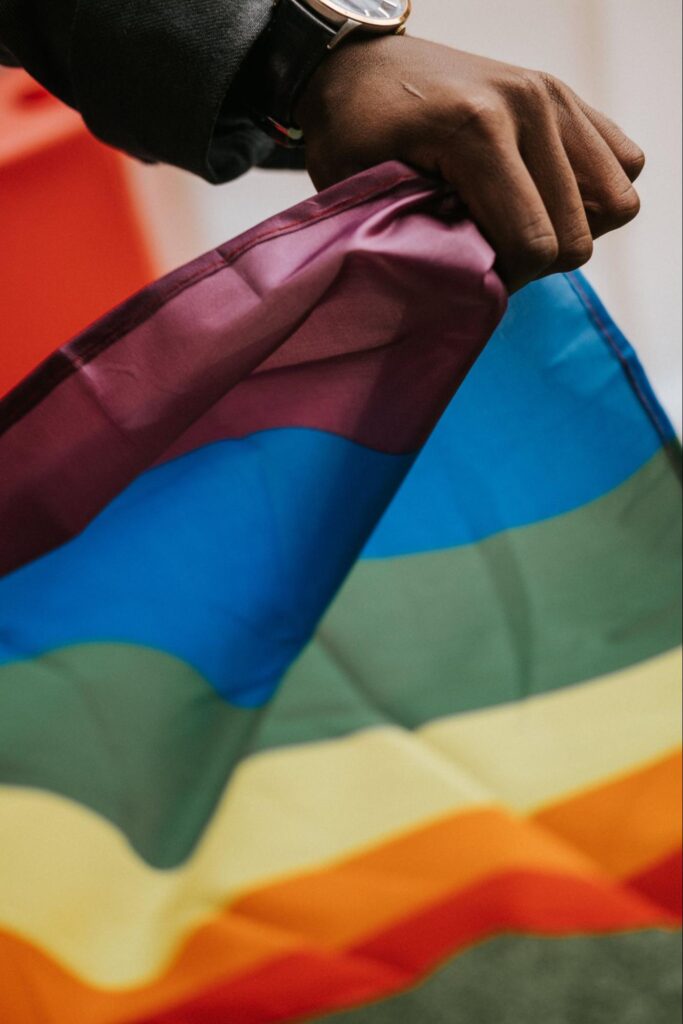
Solidarity is not conditional.
What do we mean by that? We mean that to be in solidarity with a group that experiences oppression should not be conditional on any person from that group meeting your personal criteria for when you deem them worthy of your effort.
To be in solidarity with migrants means that we don’t distinguish between the so-called ‘good legal ones’ over the alleged ‘bad illegal ones’ (when who is illegalized is a process that changes through time and is politically and socially determined). To illuminate the falsifying distinction between the categories of good and bad migrants, we might first ask: ‘What produces the conditions for some people to migrate?’
To be in solidarity with those experiencing poverty, working-class people, and people made poor is not conditional on how much ‘hard work’ they evidence for you in relation to your imagination of the ‘laziness among most others’.
To be in solidarity with disabled people is not conditional on the extent to which they may ‘inspire’ you.
Solidarity is also not conditional on whether a person from a group that experiences a different oppression acknowledges your oppression, no matter how unfair that may feel. Nor is it conditional on whether you personally like a person who experiences an oppression you don’t, or whether they are aligned with challenging oppression in the same way as you.
Solidarity is a commitment, rooted in an analysis of the way the world is now, and action for what else we might build in its place.

